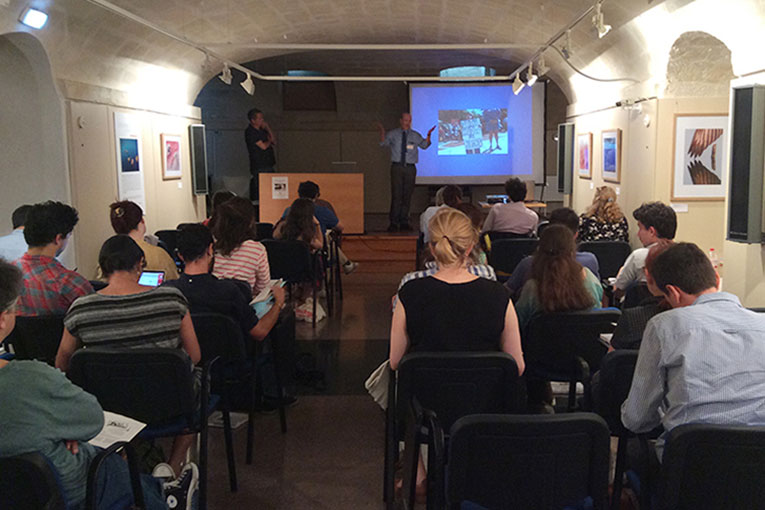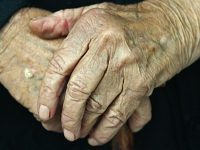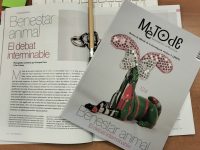
 Lucia Sapiña Lucia Sapiña |
||
|
Toxic fumes, asbestos, mercury, lead-based paints… How do the different societies face the various risks to which they are exposed? And how have they done so throughout history? The role of experts, their authority and credibility in different social, political and cultural environments as well as the cultures of risk, the relationship between toxic products and health problems or between activism and ideology have been some of the issues that have been addressed in the last Spring School on History of Science and Popularisation held in Mahón (Menorca) from 14 to 16 May. The School, which has reached this year its eighth edition, is organised by the López Piñero Institute for the History of Science and Medicine of the University of Valencia, the Institut of Minorcan Studies and the Catalan Society of Scientific and Technological History and the European Society for the History of Science. With the title Living in a toxic world (1800-2000). Experts, activism, industry The Spring School of Mahón brought together numerous scholars who study environmental pollution issues from diverse perspectives. Thus, lectures were supplemented with various working sessions thematically grouped (toxic substances, food and medicines and toxic environments) and a posters session. Silvia Pérez. Student of the Master’s Degree in History of Science and Scientific Communication. University of Valencia. |
 Lucía Sapiña Lucía Sapiña
«The cultures of risk, the relationship between toxic products and health problems, or between activism and ideology, have been some of the issues that have been addressed in the last Spring School on History of Science and Popularisation»
|
|





